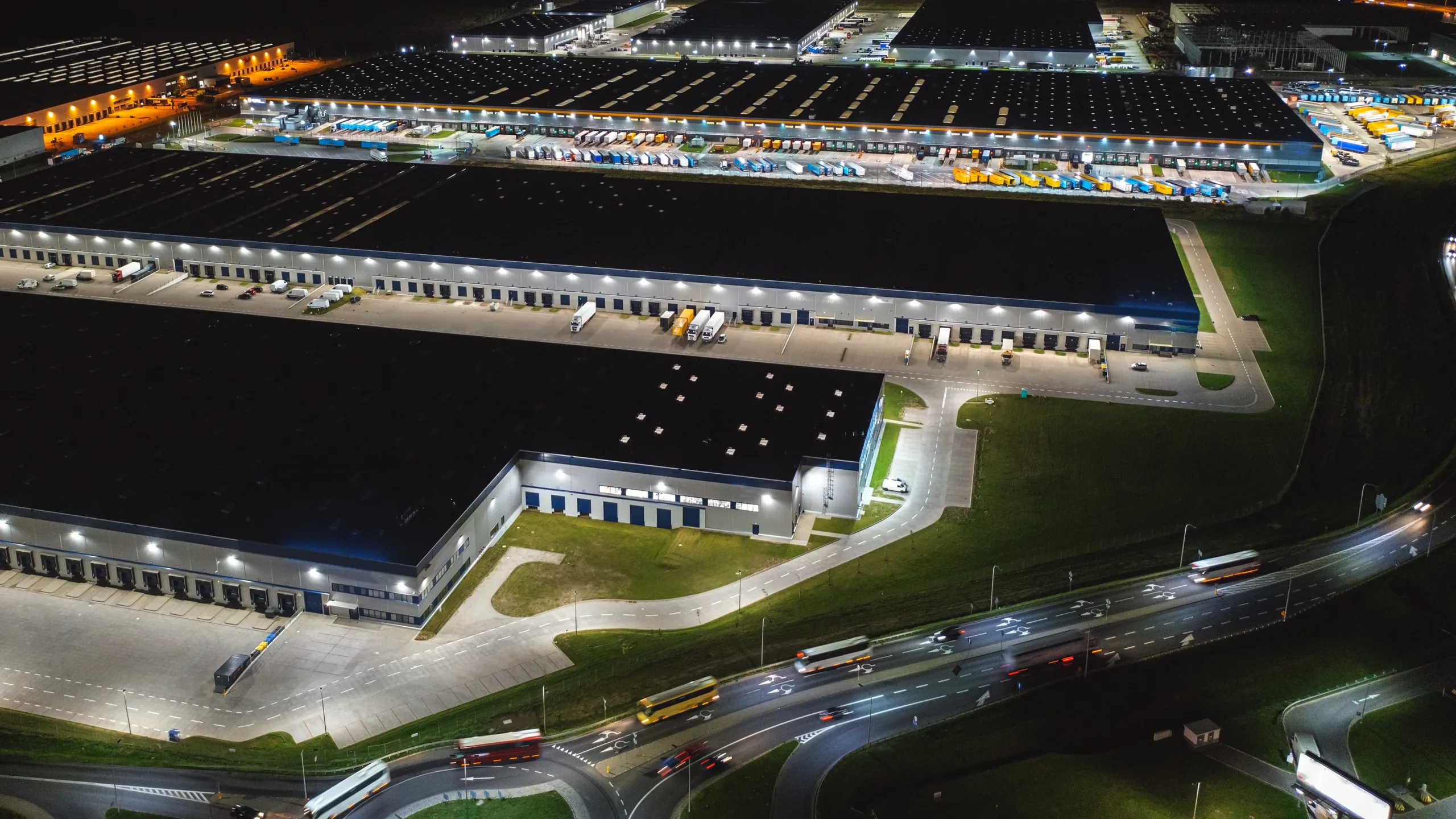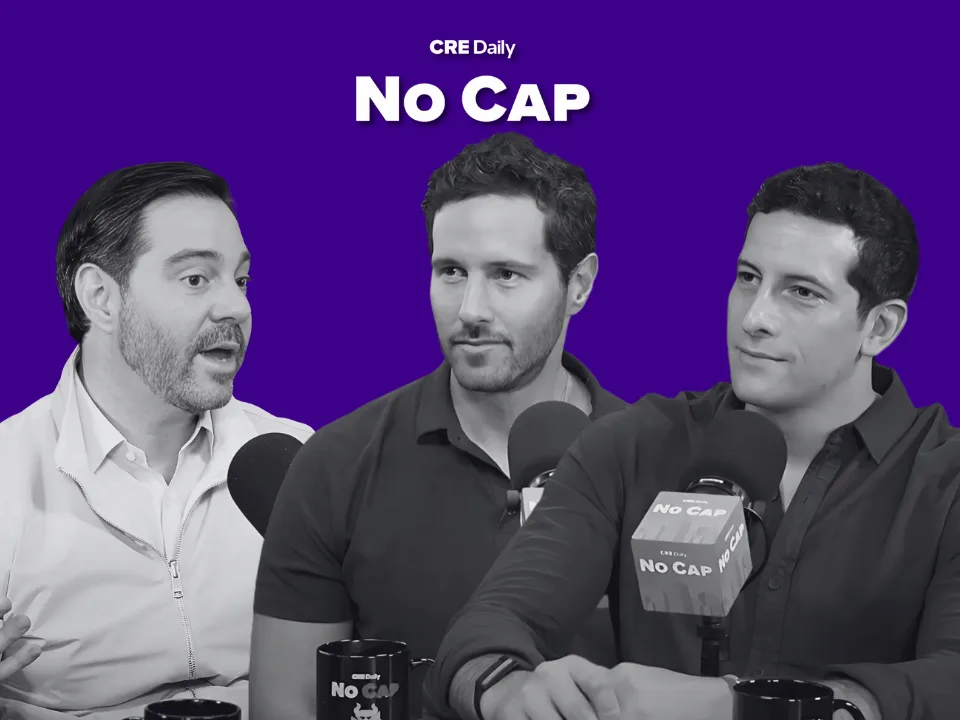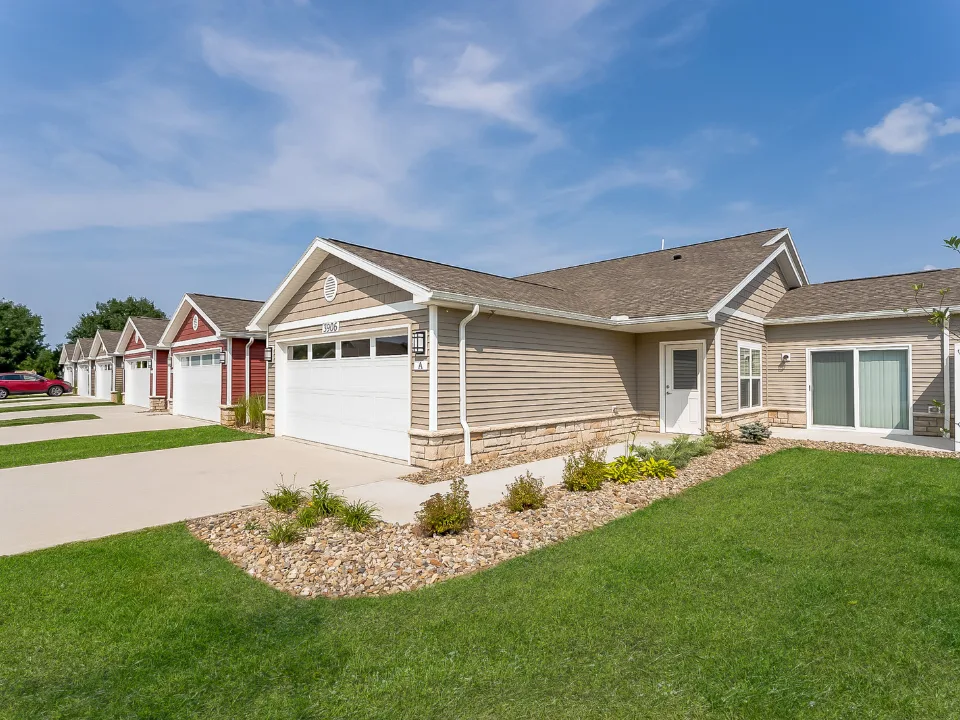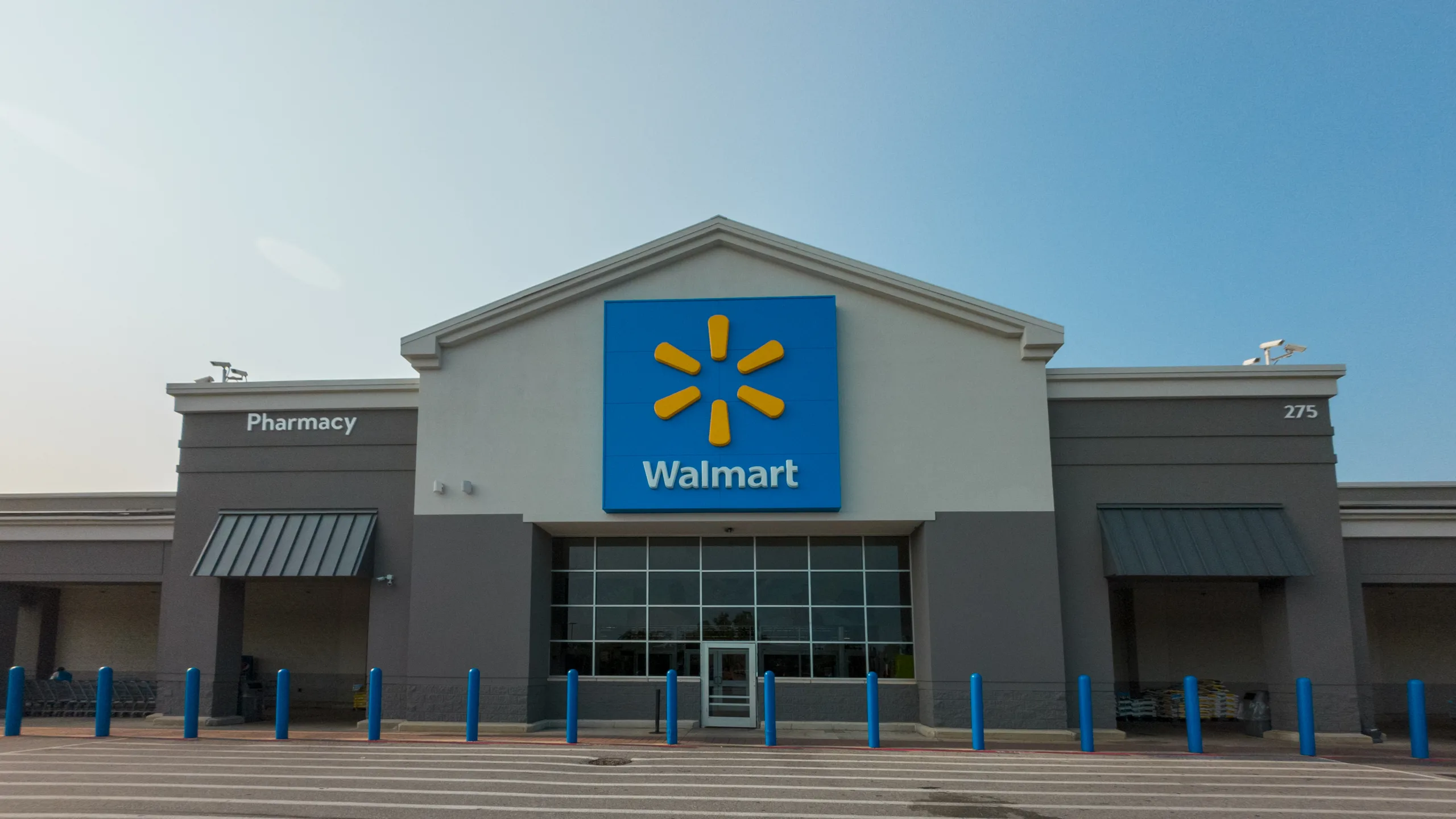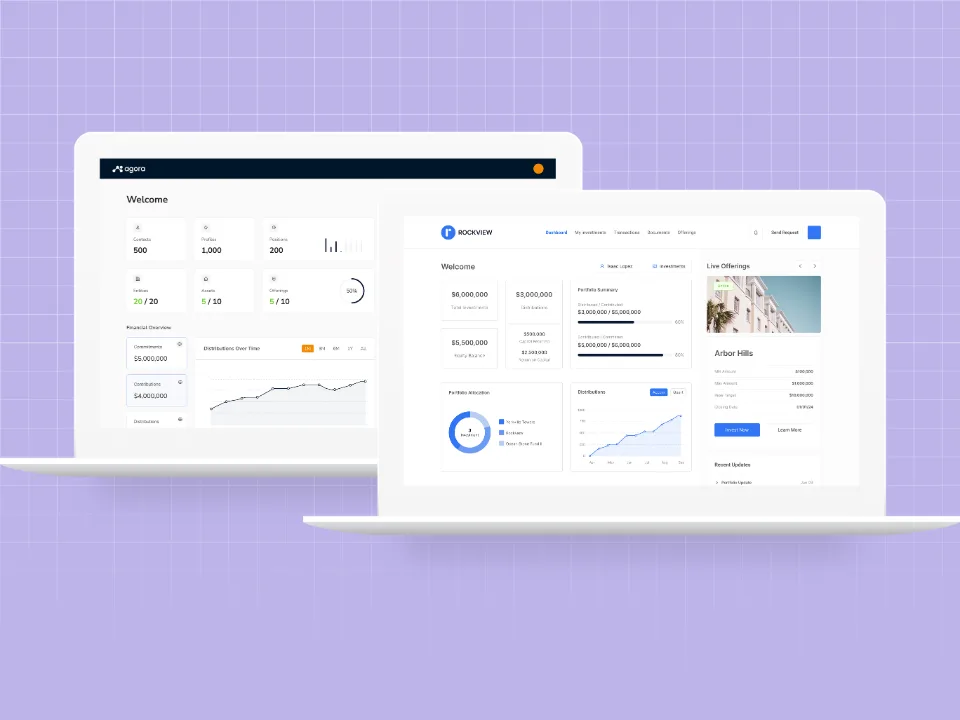In this episode of the No Cap podcast, hosts Jack Stone and Alex Gornik sit down with Brian Cohen, CEO of Andover Properties, one of the largest private self-storage operators in the US with over 170 facilities owned—and 100 more sold.
From his early days converting burnt-out buildings in Newark to building a multi-vertical CRE business spanning storage, small-bay industrial, and even car washes, Brian shares how he turned overlooked assets into institutional-grade opportunities.
The episode dives into Brian’s path from leaving Tishman Speyer, why he favors recession-resistant assets, how Andover uses data science and AI to outperform REITs, and why now might be the best time in years to buy real estate under replacement cost.
Conversation Highlights
Jack: So you started out trying to convert industrial into multifamily—how did you pivot to self-storage?
Brian Cohen: I raised capital to convert a facility in Greenpoint, Brooklyn into multi. It needed a zoning change… so while waiting, I went to a self-storage conference in 2003—didn’t even know they had those. What I saw was a highly fragmented, unsophisticated industry with almost no institutional presence. Operators were using Yellow Pages. There was no revenue management.
That same year, we built our first storage facility out of a burned-out industrial building in Newark.
Back then cap rates were 10–11%. We were building to 12s.
Alex: And now you own over 170 storage facilities?
Brian Cohen: Correct. We’ve also sold another 100 over the years. So over 270 deals in total.
Jack: Was that slow growth at first?
Brian Cohen: Very. Between 2003 and 2006, we only did five deals. Capital raising was hard—no one cared about self-storage then. But during the GFC, when other assets tanked, self-storage only had two quarters of negative NOI and just a 7% decline. Multifamily dropped 15%. That told me a lot.
Alex: What does lease-up look like today for new storage developments?
Brian Cohen: During COVID peaks, you could lease a facility in 18 months. Today, it’s closer to 5 years. Developers who assumed fast lease-ups and 25% higher rents are now breaking covenants. That’s where our acquisition opportunity is.
Brian didn’t stop at equity.
Alex: You’re originating loans now too?
Brian Cohen: Yes—we launched our lending business 16 months ago with Angelo Gordon. Construction loans, bridge loans, acquisitions. We saw banks pull back after SVB and First Republic. So we filled the gap.
Jack: Why are you uniquely positioned to lend?
Brian Cohen: We’re not doing third-party management. That eliminates conflicts. Our underwriting is informed by operating 300+ assets across storage, car washes, and industrial.
We’ve seen $8B in loan demand. A lot of institutional borrowers are coming to us.
Alex: How’d you get into small-bay?
Brian Cohen: Honestly, leftover land from storage developments. We now own 2M SF and built about 800K SF. Tenants range from CrossFit gyms to third-party Amazon logistics.
Jack: Sounds like your district managers are the backbone?
Brian Cohen: Absolutely. Many come from retail—Target, Dollar General—and run multi-location teams. We’ve also invested heavily in data and automation. Our internal AI can tell us how many cars our Tampa wash did yesterday, just by asking.
Since 2018, we’ve outperformed REITs in same-store NOI in every quarter but two.
Brian also operates 15 car washes and learned the space the same way—by going to a conference.
Alex: Car washes feel more opco than real estate…
Brian Cohen: They are. We don’t love the capex, but the depreciation is incredible. We’ve done cost seg and seen 100% first-year depreciation with leverage—even after the 2017 tax law changes.
Jack: So why do people still build car washes?
Brian Cohen: Many shouldn’t. We’ve bought deals recently at 20%–50% below replacement cost. Supply is falling off, and we’re offering non-recourse terms while others aren’t.
Jack: So where are we in the cycle?
Brian Cohen: I think we’ve bottomed. Operating fundamentals are stable. What’s changing is seller capitulation. People who wanted to sell at a 4 cap are now accepting 5s or 6s. We’re buying below replacement cost and avoiding new development for now.
Alex: Are you looking at new asset classes?
Brian Cohen: Yes—but I’m not giving that one away yet. Let’s just say maturities from 2020–2022 are creating opportunities across the board.
Jack: Honestly, this might be the most thoughtful breakdown we’ve had on how to scale niche real estate verticals.
Alex: Agreed. Institutional thinking applied to unsexy assets—that’s the edge.
Watch the full episode on our YouTube Channel or your favorite podcast app.
Tune in weekly for new episodes of No Cap by CRE Daily!


